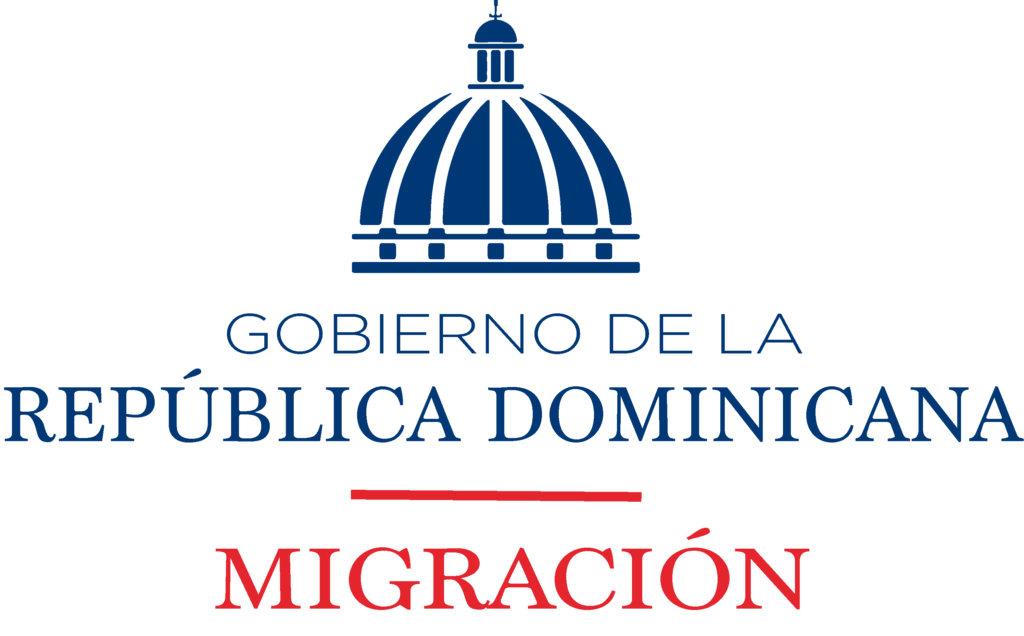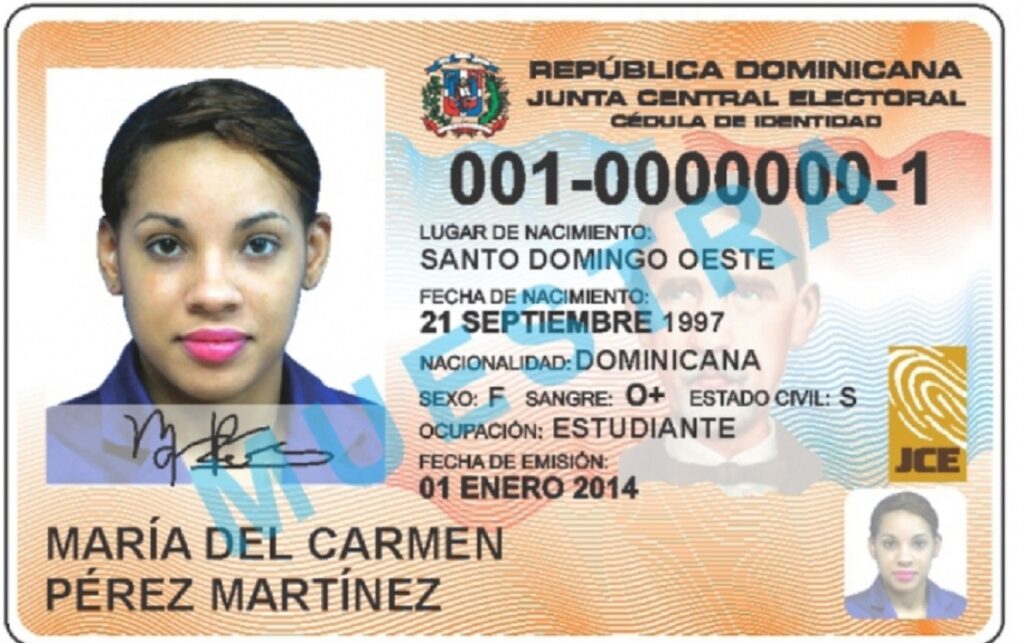As a foreign national, you are either a «non-resident» or a «resident.» Nonresidents are those who intend to stay in the country for a limited time for a particular purpose such as business or pleasure.
A resident is a foreign national who is staying in the country for an extended period and has obtained legal residency status, which affords the foreign national legal status in the country entitling the person to an identification card (Cédula de Identidad Personal) and access to a more favorable tax structure.
Foreign nationals must properly register with the Registry of Foreigners (Registro de Extranjeros).
Being a resident of the Dominican Republic has a lot of advantages.
You can enter the country without a need for a tourist visa, using your passport and Dominican residency.
In addition to that, there is no need for a return ticket when entering the Dominican Republic.
Once you’re a resident of DR, you can expect inheritance taxes and education fees to be lower.
You’re also able to get a driving license, which is important because you can drive only for 90 days with an international license.
The Dominican Republic does not have work permits, but many companies still do not wish to employ expats unless they have Dominican residency.
Citizenship
Anyone eighteen or older may apply for citizenship.
The three most common avenues are birth, marriage, or residence.
Article 20 of the Dominican Constitution permits dual nationalities (and a Dominican may acquire a foreign nationality without the risk of losing Dominican nationality).
Under Article 25 of the Dominican Constitution, Foreign nationals own the same rights (and responsibilities) as Dominican nationals.
There is one exception – a foreign national may not participate in political activities except voting in elections.
If you face legal problems while being in the country, you can request diplomatic protection.
This is only possible if you have tried every other possible solution.

First step: temporary (provisional) residence
The application for temporary residence is submitted to the Dominican Migration Department.
Once granted, it will be valid for one year.
It will entitle you to live and work legally in the Dominican Republic and you won’t be required to purchase a tourist card to enter the country.
After one year, you will renew your temporary permit for one more year, which will be easier to arrange than the first application.
After five years as a temporary resident, you will be able to change your status to permanent.
Normally, you will obtain your visa in three months but it can take up to six months in order to get a temporary residence, so do make sure that you arrange this in time!
So what do you need?
First of all, you will need to send a letter of application addressed to the consul or the Minister of Foreign Relations.
Which should contain your name, nationality, place of residence and the activity that you will perform in the country.
If it is filled in by a company, the manager in charge should sign the form.
Besides that, you should explain your connection with the country.
You could be a Dominican by origin, married to a Dominican, have a work contract or finally, you could have proof of economic solvency.
Besides that, you will need:
- The Visa Application Form
- Form 509 – this English translation of the form comes in handy.
- A valid passport with at least two photocopies.
- Birth certificate with a photocopy.
- A medical certificate, this document must be notarized, translated into Spanish, and both the original and the translation apostilled.
- Police certificate (also known as a certificate of good conduct), including an official criminal record certificate.
This document must be notarized, translated into Spanish, and both the original and the translation apostilled.
If the applicant has previously resided in the Dominican Republic that document must be issued by the Attorney General’s Office. - Certificate of the Department of Migration with proof of the last entry of the person to the country and a copy of the Tourist Card.
- Work contract/certificate
- If the application includes the spouse, a marriage certificate should be included.
This document must be notarized, translated into Spanish, and both the original and the translation apostilled. - In the case of minors, the permission of the parents or guardian.
If the child is not to be accompanied into the country by both parents, it is required that the parent who is not in the Dominican Republic authorizes the other parent to move with the child permanently to the Dominican Republic.
This document must be notarized, translated into Spanish, and both the original and the translation apostilled. - If the application includes children, the birth certificate of the children should be included.
This document must be translated into Spanish and both the original and the translation apostilled. - Three pictures, size 2 x 2 inches, with a white background
- Application letter from the beneficiary addressed to the Consular Section containing name, nationality, place of residence, and occupation, as well as information on reasons for seeking to establish in the country (Of Dominican origin, child of a Dominican, Dominican spouse, as a pensioner, or investor).
All documents need to be presented in original and four copies with the exception of the passport and the cost will be US$125.00
After receiving your visa, you will have to proceed to the Department of Immigration. There you will have to hand in the following:
- Completed Temporary Residence Form, signed by the applicant typed or in legible print, to be submitted with the other documents to the Ministry of Foreign Affairs with the corresponding Internal Revenue Service stamp.
- A valid passport with at least two photocopies.
- Proof of Residence Visa (issued by the Ministry of Foreign Affairs).
- Medical exam authorized by the Department of Immigration to be performed in the Dominican Republic.
- A total of four (4) recent photographs (2 x 2 inches). Two facing the front and two facing sideways, with a white background.
- An insurance policy that can cover medical expenses and repatriation if necessary, authorized by the Department of Immigration.
- A sworn Affidavit is drawn up and signed by a Dominican resident or legal permanent resident in the Dominican Republic, signed by two witnesses with supporting documents.
The letter must specify the type of relationship between the guarantor and the applicant.
The guarantor shall undertake to settle any and all expenses incurred by the applicant and will be financially obligated to resolve any debts if the applicant is deported for violating Dominican rules and regulations.
The letter must be drawn up before a notary public of the Dominican Republic and legalized by the General Attorney’s Office. - Your fingerprints will be taken.
All of the documents require four copies which are necessary for the National Directorate of Narcotics, Interpol, National Police, and Department of Investigations.

Second step: permanent residence
Foreigners have to live in the Dominican Republic with a temporary residence permit for 5 years, before obtaining permanent residency, which you will need for at least 2 years. This means that after 7 years of legal residence foreigners can apply for citizenship.
The residency visa is good for only one entry into the Dominican Republic and you have to enter the Dominican Republic within 60 days. The costs are US$ 90,-.
Within 30 days of arrival in the Dominican Republic, you must visit the Immigration Department with your passport to sign application forms, register fingerprints, and undergo the required medical tests.
Documents requested by the Department of Migration are (with the requirements mentioned at ‘temporary residence’):
- Permanent Residence Application Form
- Medical Examination Results
- Certificate of Good Conduct issued by Dominican Police
- Good conduct affidavit by two witnesses
- Temporary Residence Card
- A total of four (4) recent photographs (2 x 2 inches). Two facing the front and two facing sideways, with a white background
You can go to the office yourself, or you can send your application to the Department of Migration (Extranjería)
Av. George Washington (a Malecón – boulevard along the sea)
Centro de los Heroes, Santo Domingo.
Tel. 809 508-2555 Ext. 246
Office hours: Monday to Friday from 8 to 3 pm
Depositing of documents closes at 2 pm
Permanent residents must renew their residency card after one year; subsequent cards will be renewable every four years, except for retirees and people supporting themselves financially who must renew their residency cards every two years.
After ten years, permanent residents will be issued a definitive residency card, not subject to renewal. Unfortunately, you will still have to pay an annual residency fee.

The citizenship procedure
The application for citizenship is filed with the Department of Interior and the procedure continues as follows:
- The interview.
Two weeks after filling in all the proper documents, you will be called to appear at the Home Office for an interview, in Spanish.
The questions (and answers) can be reviewed before the interview. - The oath.
Within five months after the interview, you will be summoned to take the oath of citizenship. - Birth certificate and identification.
Approximately two months after taking the oath, the foreign national will be issued a Dominican birth certificate, and be permitted to obtain a Dominican identification card (Cédula de Identidad Personal).
You must appear personally to obtain the identification card from the issuing government office.
You are now entitled to apply for a Dominican passport (a separate but relatively simple process).
Source: www.justlanded.com


